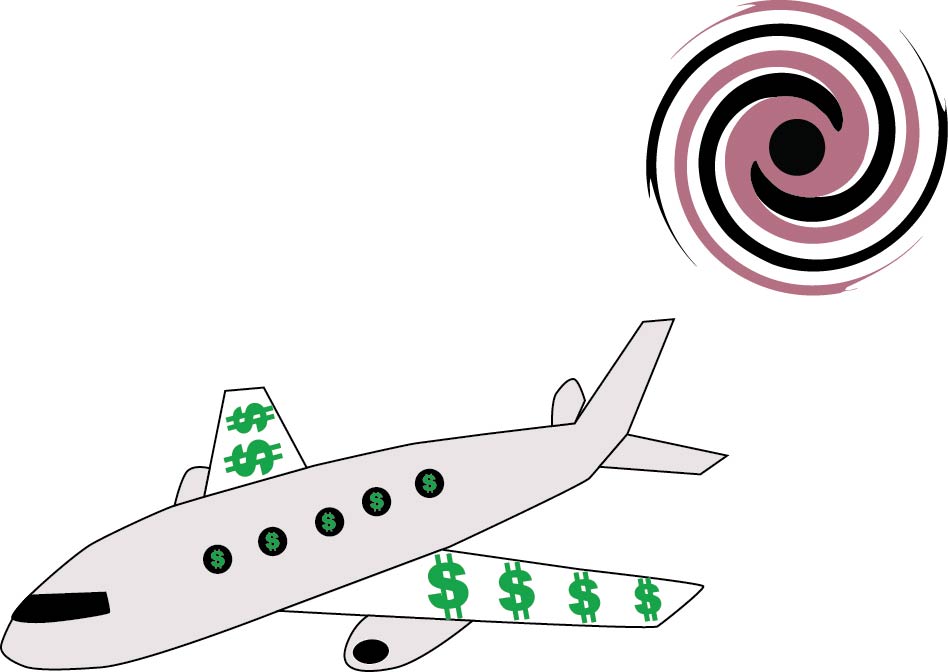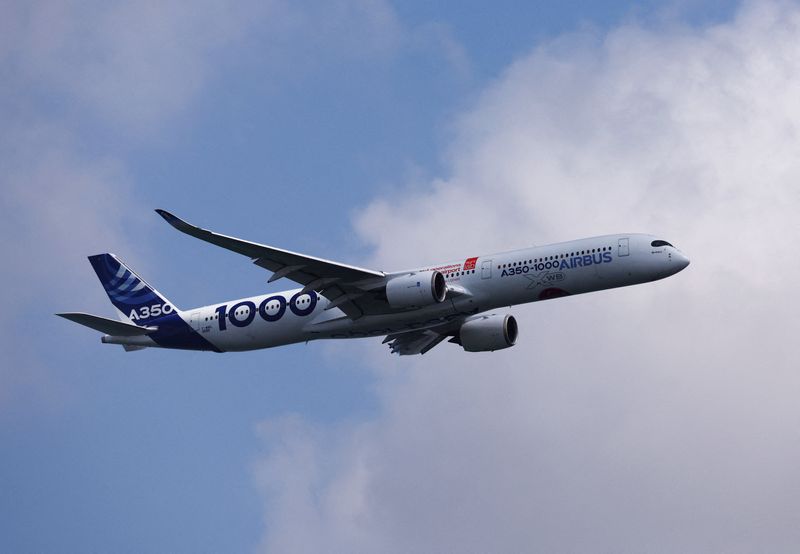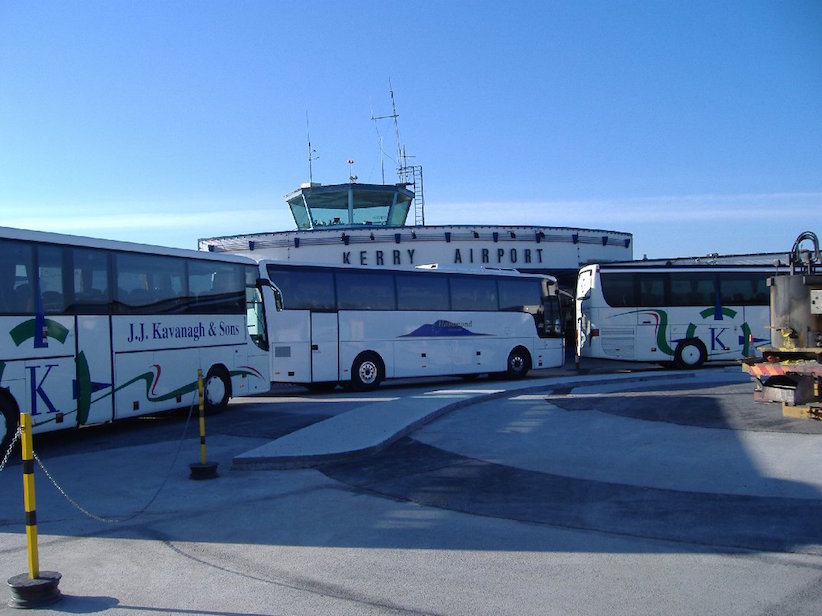Between Sunday and Monday morning, Hurricane Milton grew from a tropical storm to a Category 5 hurricane. In just a mere 24 hours, Florida residents living in the hurricane’s path were urged to evacuate immediately, but evacuation isn’t easy and can come at a steep cost.
Living in Coral Gables, I remain outside of Milton’s path of destruction but when UM canceled classes I figured I would head home early. That was until I saw the flight costs. On Monday, one-way flights to Boston out of MIA cost between $800-1200, when I usually pay, at most, $200 per round trip.
My roommate, who decided the price was worth the early flight home, paid $400 for a one-way ticket back to Pittsburgh.
Fortunately, I will be safe staying in Miami, but for those living in Tampa and along Florida’s Gulf Coast, staying is not a safe option. But what if they can’t afford to escape?
In times of catastrophe, airlines serve as a crucial lifeline for civilians. During evacuations, when lives hinge on securing a flight, airlines have a moral duty to prioritize the safety of people over profit. This includes an ethical obligation to keep fares affordable.
A grave moral injustice arises when only the wealthy can afford safety, leaving the less affluent to fend for themselves and face potentially life-threatening risks. Safety should be a right for everyone, not a privilege for the few.
However, by midafternoon Tuesday, airlines had canceled more than 700 U.S. flights, about half of these originating from Tampa International Airport.
Parents attempting to secure seats on one of the last available flights to get their students out of Florida are struggling with skyrocketing prices. Cerina McQuillan, a concerned mother trying to bring her 17-year-old daughter home to New York, said the website crashed during her booking attempt.
“All of a sudden it went back on again, and the flights quadrupled in price. It went up to like $750 within a matter of seconds,” she said. “There were prices even as high as $1,000 for one leg. So wrong! So wrong!” said McQuillan.
My own mother shared similar frustrations over FaceTime as she browsed multiple airline sites, struggling to find one-way flights under $800.
The issue escalated to the point where President Biden issued a statement during a hurricane briefing urging airlines not to exploit Florida residents by overcharging them as they try to flee the storm’s path.
“I am calling on the airlines and other companies to provide as much service as possible to accommodate evacuations, and to not engage in price gouging, to just do it on the level,” Biden said.
But how do we ensure that airlines follow these orders? Delta claims that it capped fairs, although it gave no figures. American said it added 2,000 seats leaving from Orlando on Tuesday night after adding 2,000 in Tampa and Sarasota on Monday.
That said, these tickets can often exceed people’s budgets, especially for those still recovering from the aftermath of Hurricane Helene. Tackling expensive home renovations to being trapped by flooded vehicles, many find these available seats out of reach.
This is no new problem. Yet, as hurricanes are projected to become more frequent, the need to cap fares at a reasonable price is more urgent than ever. The National Oceanic and Atmospheric Administration issued a report in May of 2024 predicting above-normal hurricane activity in the Atlantic this year.
Airlines now face a choice: to make a profit or to help people.
If anything, airlines have a moral obligation not just to cap fares, but to actually decrease flight costs to ensure that everyone who needs to can escape life-threatening weather events.
William McGee, a travel expert and advocate for the American Liberties Project, which opposes large corporations, acknowledged the surge in social media comments regarding airlines, especially Delta, United, and American, raising their prices as hurricane Milton approaches. He urged consumers to file complaints with (Transportation Department) and perhaps share details on social media. But it shouldn’t be up to the citizens to monitor and report airline activity.
The Transportation Department stated that it has been in contact with airlines to gather information about flight prices, but it’s too little too late. As we brace for more frequent hurricanes, it’s essential to establish and enforce fare caps as soon as weather reports signal potential natural disasters.
A potential solution could involve universal fare caps during catastrophes—a fixed price limit implemented during natural disasters.
It’s crucial that government agencies become more proactive when regulating airlines. They can’t start to evaluate pricing days before the hurricane is set to strike, after prices have already skyrocketed.
Hurricane Milton should serve as a stark warning of the consequences when airlines are left unchecked.
Those who prioritize public safety must begin holding airlines responsible for exploiting citizens in times of disaster, and begin planning what guidelines and rules can be implemented to ensure safety equity.




